#great weight
Explore tagged Tumblr posts
Text
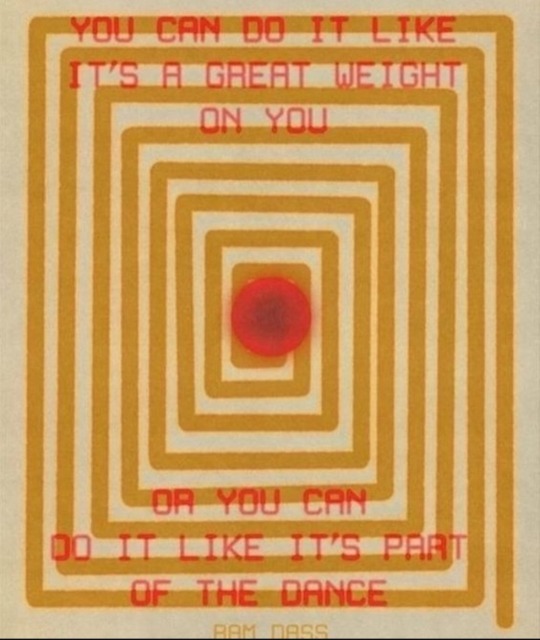
#part of the dance#ram dass#great weight#aesthetic#philosophy#spirituality#style#old school cool#vintage#be here now#the art of living
39 notes
·
View notes
Text
we need 15-20 episode seasons again these limited series have the worst pacing in the world and none of the character decisions hold any weight
#ace txt#arcane s2 is like. fine-good. but i want it to be GREAT and i think the director vision is suffering#i feel the same about tlovm#if u can't give a characters decisions any time to prove weight what's even the point
29K notes
·
View notes
Text

Happy Ace Week to my fellow (aro)aces💗
#realizing I was ace was such a weight off my shoulders#I haven't entirely come to terms with the aromanticism but we're getting there#ace attorney#the great ace attorney#dgs#tgaa#miles edgeworth#ema skye#athena cykes#herlock sholmes#maya fey#ace week#ace week 2024
2K notes
·
View notes
Text

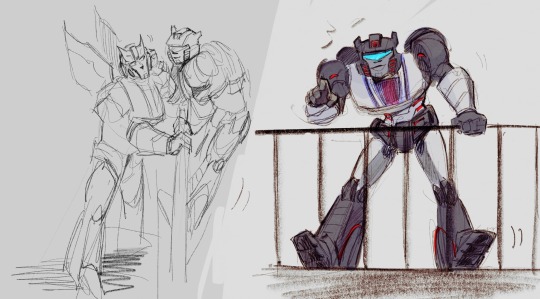
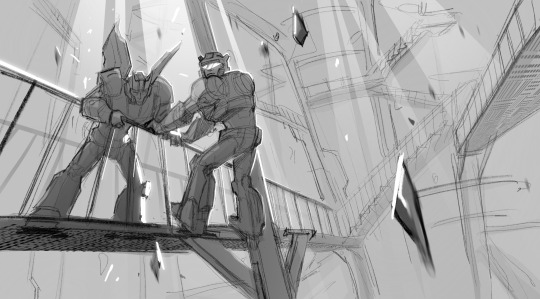
Some more Mistakes on mistakes until fanart because ehehe I love this scene
#maccadam#transformers#prowl#jazz#jazzprowl#MOMU fanart#fic fanart#I didn't understand what exactly were they doing the first time I was reading#but I do now and I find it great~~#Prowl is right that's....questionable amount of weight for one railing hahah#Jazz just casually hanging like that is so#imagine me crossing my fingers#I hope this won't be the last time they are able to talk to each other#I HOPE
1K notes
·
View notes
Text


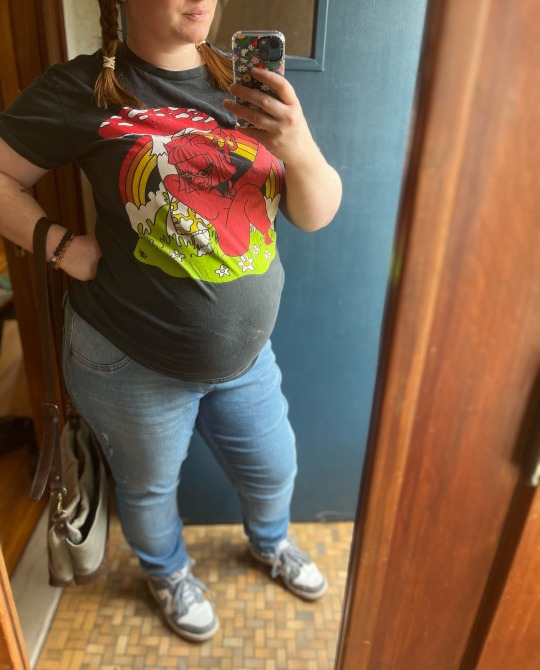
Found old photos of me trying on clothes vs me just a few weeks ago. Damn I’ve gotten huge! Really let myself go 🥵😅
#full belly#feedee belly#fat belly#belly expansion#fat is not a bad word#fat is sexy#cellulite#belly gainer#belly k!nk#great butt#gaining fat#gaining weight on purpose#gaining kink#obese gainer
1K notes
·
View notes
Text

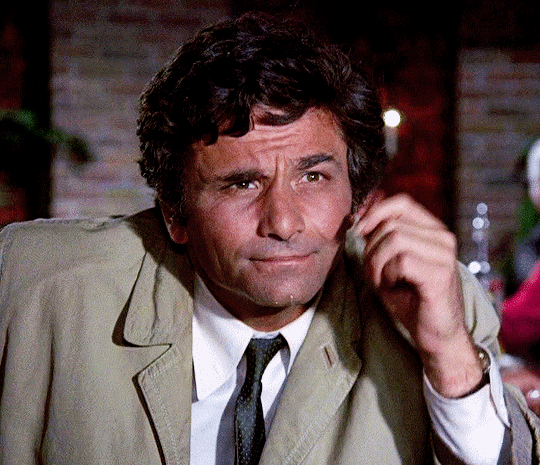



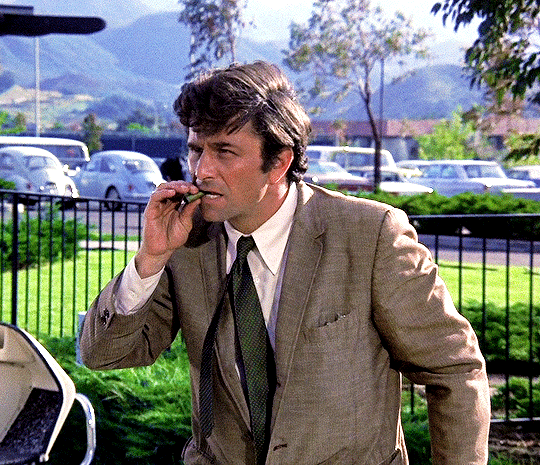
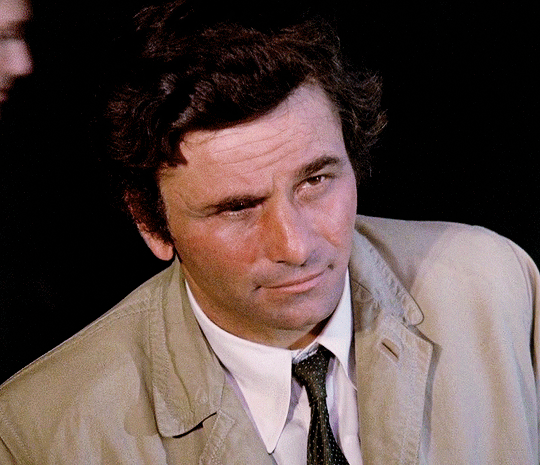
COLUMBO SEASON 1 Peter Falk as Lieutenant Columbo
#columbo#peter falk#tvedit#userstream#cinemapix#cinematv#chewieblog#columboedit#*edit#columbo 1x01: murder by the book#columbo 1x02: death lands a hand#columbo 1x03: dead weight#columbo 1x04: suitable for framing#columbo 1x05: lady in waiting#columbo 1x06: short fuse#columbo 1x07: blueprint for murder#so much cinnamon roll energy#and handsomeness <3<3#when he's told he looks like an 'unmade bed'#i'm like RUDE! that is what is appealing :D#so unassuming yet insanely sharp and clever#it's a great combination#and he reminds me of poirot :))
1K notes
·
View notes
Text
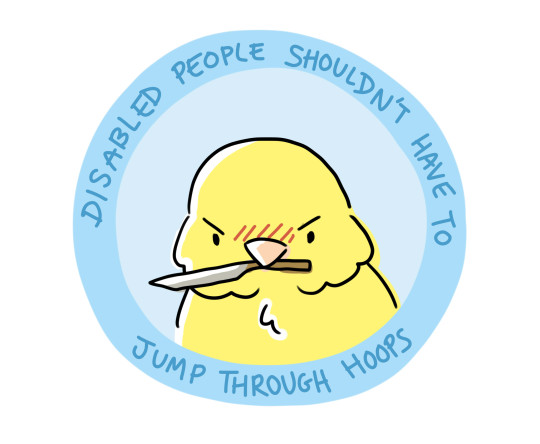
Disabled people shouldn't have to jump through hoops!!
#disability#birblr#bird art#doodles#context here is that I had a really triggering disability assessment this morning#'can you tell me more about what caused your panic attack?'#Not if you don't want me to have a panic attack right now??#Also maybe don't ask an ex-anorexic 'have you lost weight?'#How is that relevant?#If I was fat or had gained weight would that make me more or less disabled in your eyes?? How is this relevant??#Sorry for the rant guys it's been a not-so-great morning#If I didn't know better I would have assumed the assessor was purposefully trying to trigger me
12K notes
·
View notes
Text
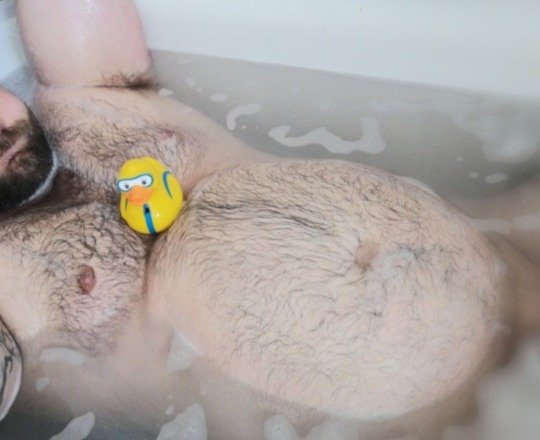



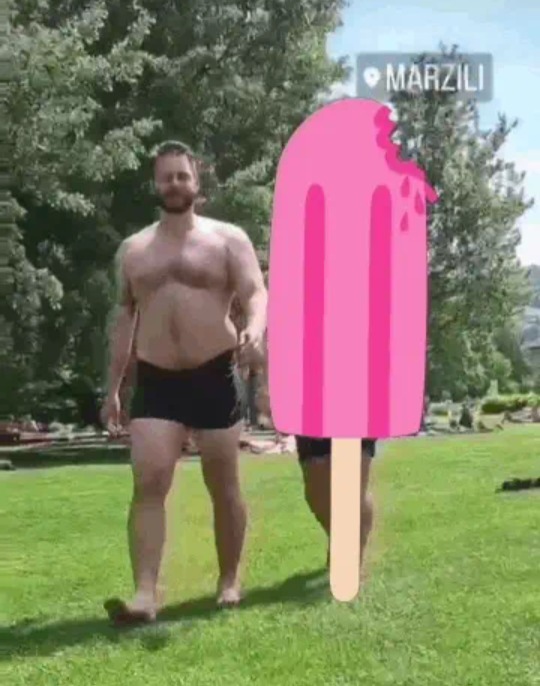
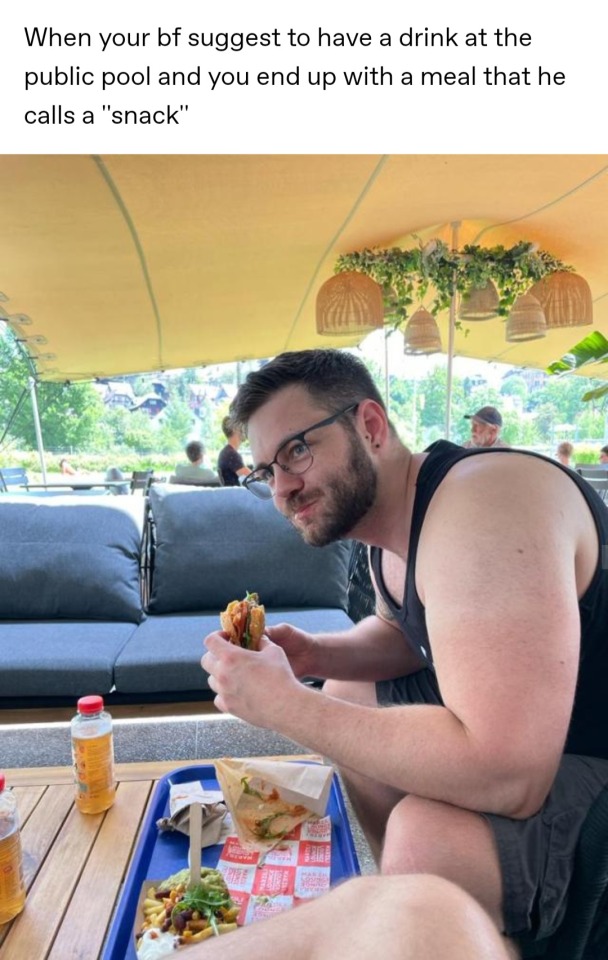

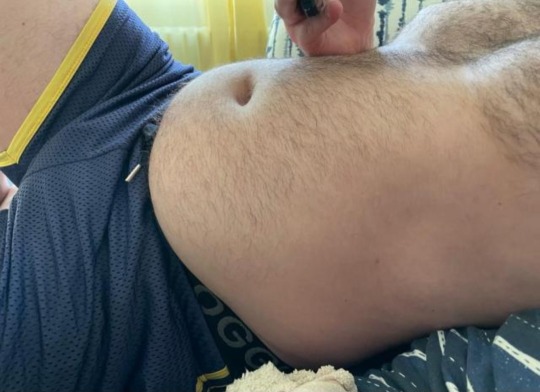
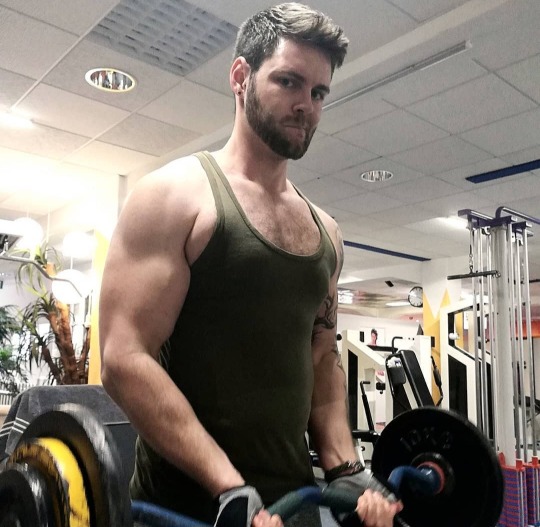
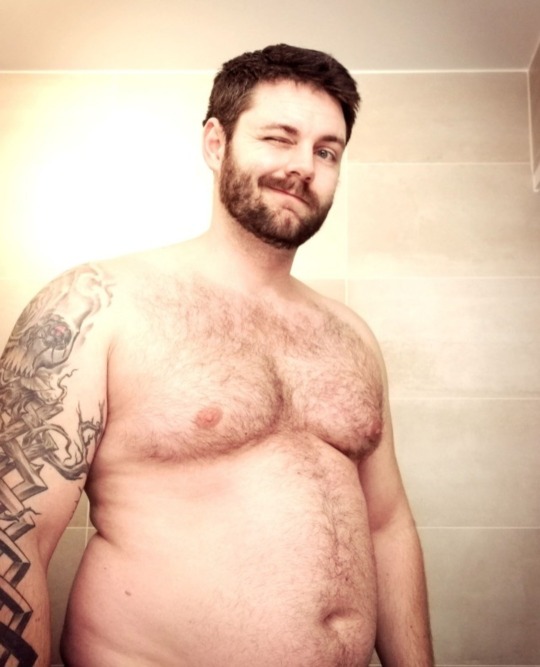
@araneid-fur and their phenomenal transformation. When Bonnie Tyler said 'late at night I toss and I turn and I dream of what I need' I have no doubt this is what she meant.
#bulk#bulking#ex jock#exjock#hunky to chunky#fittofat#male gainer#belly#gay gainer#weight gain#holding out for a hero 🥲#also please give araneid a follow if you havent already they're great
5K notes
·
View notes
Text
DPxDC the Olympics AU.
Jazz is competing for sharpshooting
Dick is competing for team gymnastics
Y’all can work it out from there :)
#maybe he’s solo men’s gymnastics too I just think he’d be in a team to put less eyes on him#dpxdc#danny phantom#dp x dc#bones prompts#the Olympics has issues with preventing olympians from doing the devils tango after all#and yet I just think they would get along great as both older siblings and people with too much weight in their shoulders#jazz got so worried about accidentally shooting her brother she got some of the Best of the Best sharpshooters from the GZ to train her.#she got better and better and better until she showed off her skills to one of her coworkers once when they went to the range and told her#she was Olympics level of good. she went to the tryouts bc her coworker insisted on it#and to her surprise she was accepted. she knew she was a good shot but the reality of just HOW good came crashing down in that moment#holy fuck she could make a name for herself and win a gold metal. might as well have fun and try right?#bones writes in the tags
871 notes
·
View notes
Text
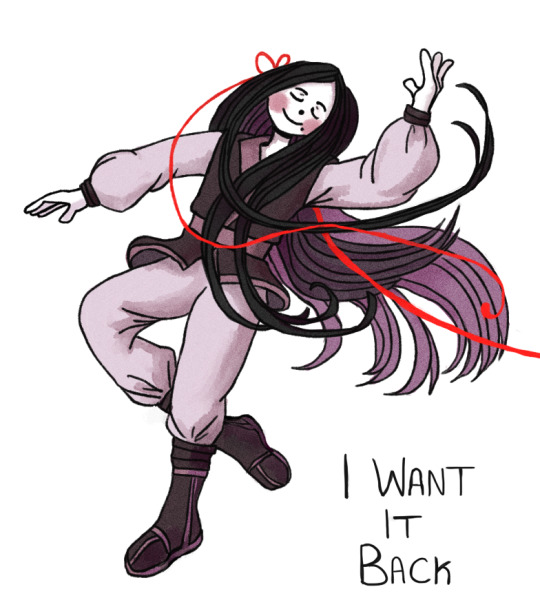
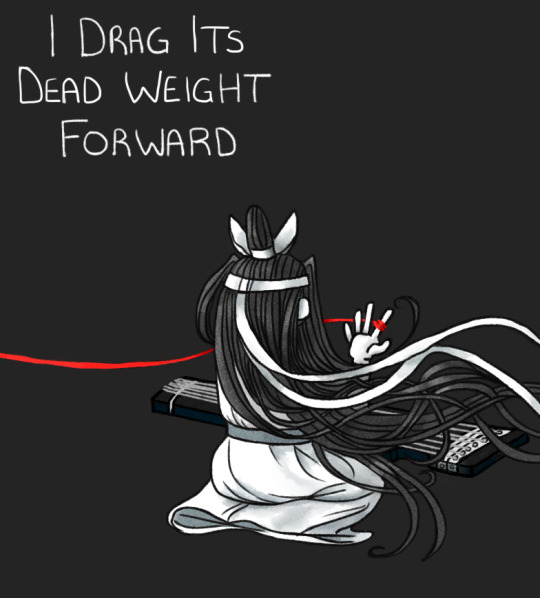
I want it back / I drag its dead weight forward.
#Better drawn mdzs#mdzs#wei wuxian#lan wangji#digital art#This was a style experimentation doodle that took on a life of its own.#In a way it is a great example of 'beautiful failure'. The original goal was to try a pure black and white contrast piece.#Which I very much failed at doing. Not quite ready for that! However what this turned into is something I like a lot!#Different but in a way that really pushed me as an artist. A little less simple; a little more proportional.#I was also recently thinking about LWJ's grieving that we only catch glimpses of.#LWJ grieved his first love for 13 years. His love that was never reciprocated.#He chose to dedicate his heart to that mourning and most painfully of all - he did so knowing there was no end to that grief.#Wei Wuxian comes back to life in MDZS but that is an exception. Not the expectation.#He was dead. Not missing. Not 'maybe in hiding'. He was dead and his spirit unreachable.#Jiang Cheng went forwards with denial but LWJ takes that grief on. He copes by continuing to carry the weight with him.#Let me be clear. Neither are healthy approaches. It is a way to cope but it does not mean that is healing or healthy.#Grief is loved transformed but it is also about endurance and letting go. Grief can change you. You can also change your grief.#It isn't a good or evil thing to experience. It is just an experience.
954 notes
·
View notes
Text
Those Reigen-takes-in-teru aus but it’s just the worlds weirdest roommate situation
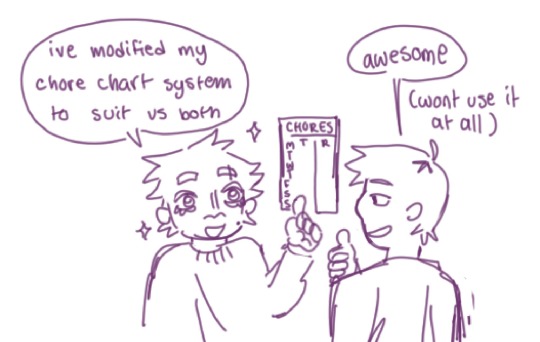

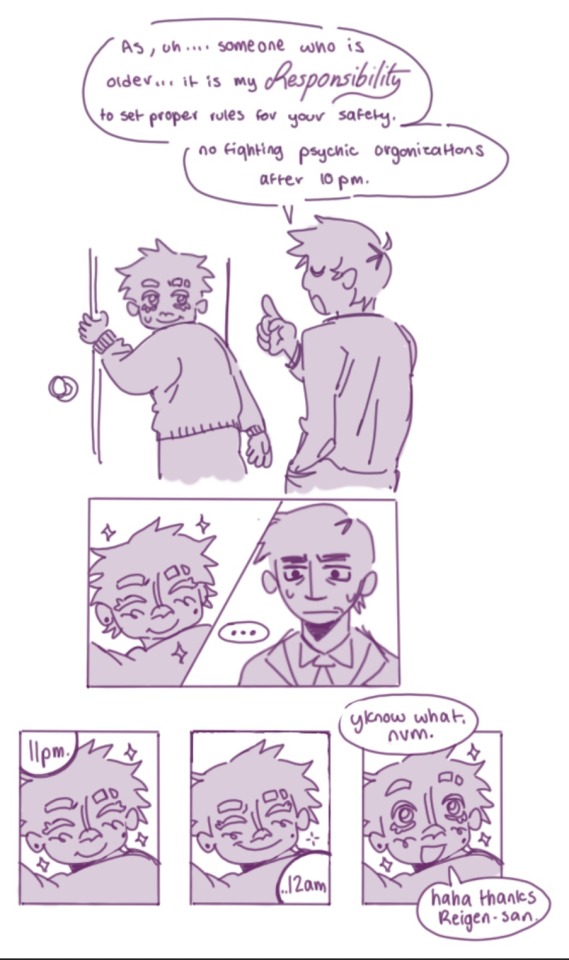
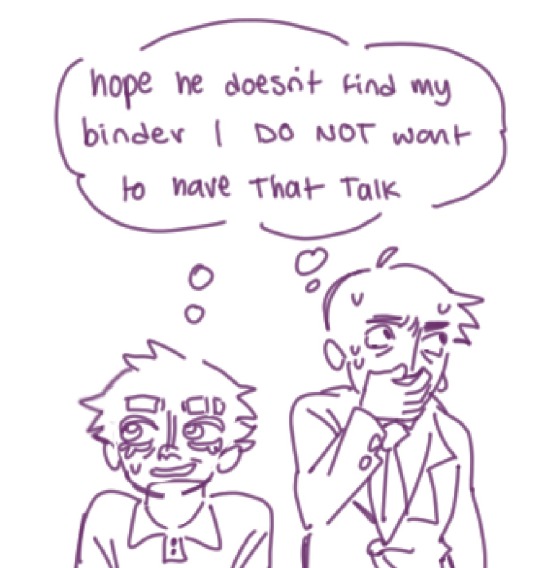
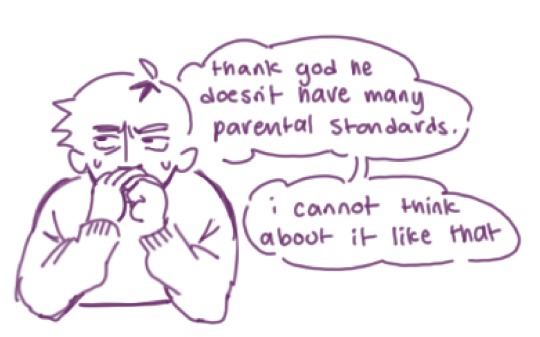
#the roommates situation is great for them both cuz#teru wouldn’t let himself be parented and reigen can still look out for him without the weight of Being a proper parent on his shoulders#he could NOT keep that up#mp100#mp100 fanart#my art
537 notes
·
View notes
Text

Running two hours a day, ballet, and under 1500 calories got me this body
#aesthetic#me#girls#selfie#selfies#fashion#mine#girl#woman#thinsperation#tw thinspi#thinspø#thinspp#fitnation#fit beauty#fitblr#fitspo#fitness#fit girls#fitbody#skinnii#skinnnyy#skiny girl#skinnni#skinnyspø#skinnyyy#skinnygirl#weight loss#great legs#legs
680 notes
·
View notes
Text
My other hog used to be super skinny too. Now he's only getting plumper and plumper. Dm me if you want me to turn you into a hog.
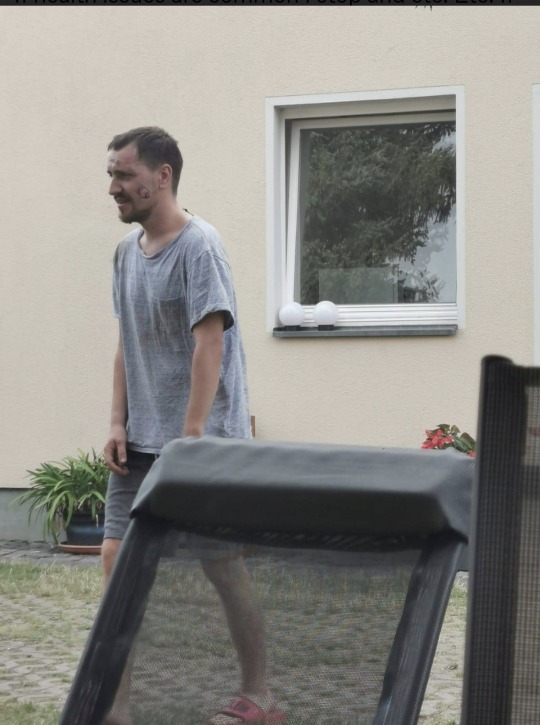
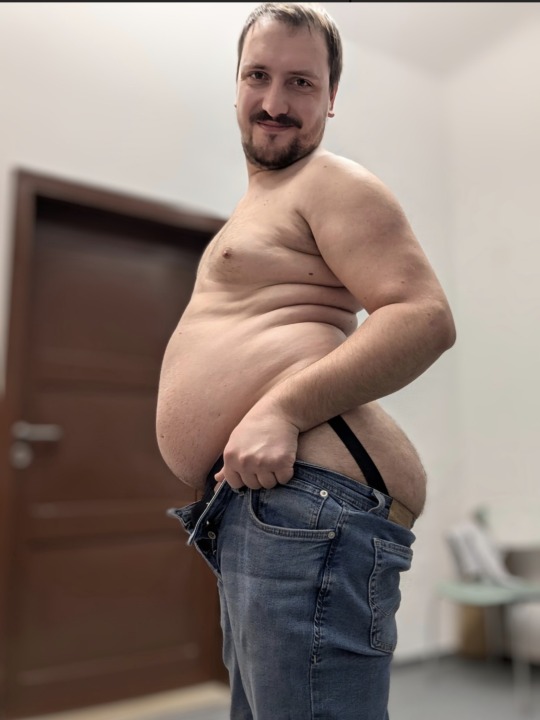
#fatty#fat belly#big juicy ass#juicy fat ass#big round butt#feeding kink#gaining#gaining weight on purpose#gay gainer#great butt#gaining weight#obese feedee#obese gainer#obese belly#fat#chubby#obesity#overweight#thick and juicy#curvy#curvy body#overhang#fat gut#growing gut
263 notes
·
View notes
Text


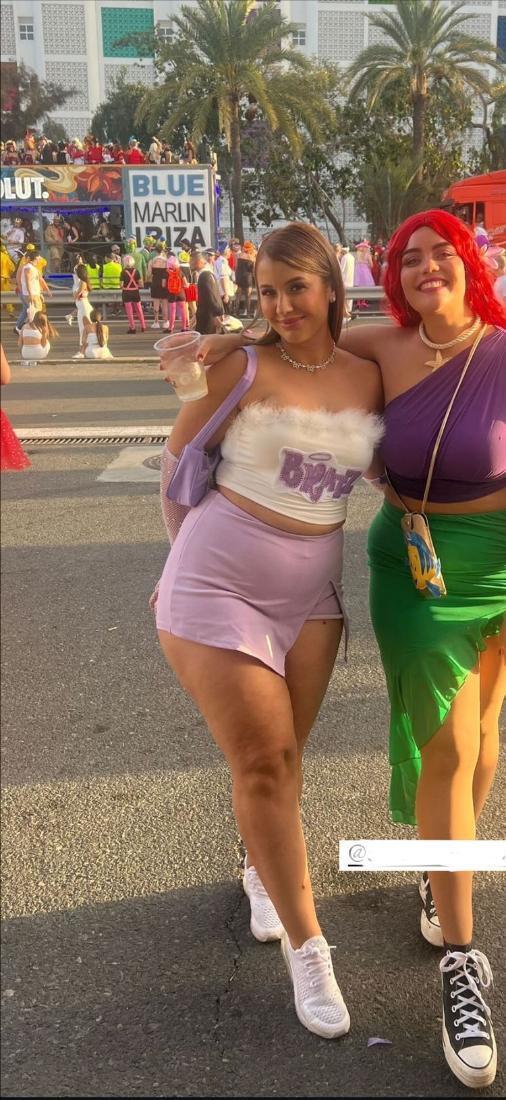






Omivaleron weight gain 😍😍😍😍
#fatty#fat belly#feedee belly#get me fatter#help me get fatter#i want to be fatter#before and fatter#need to be fatter#big fatty#cute fatty#it girl#italia#italy#fat girls#fat#fatt#fat piggy#fashion#gaining weight on purpose#weight gain#fat to fatter#fat anime#fatter and fatter#fat tummy#fatty girl#fatty belly#fatty piggy#feeding you fatter#phat butt#great butt
804 notes
·
View notes
Text

💪vs.🍔🍟
#belly kink#bhm#fat gut#fatty#getting fat on purpose#growing belly#make me fatter#fat kink#ffa#male wg#eat too much#eating disoder trigger warning#fat#fatboy#food#fat belly#great butt#gayguy#gaining weight#fat gainer#male figure#fat moobs#mp#good pizza great pizza#pizzalover#fat piggy#weight gain#gaining weight on purpose
198 notes
·
View notes
Text
Paul about the breakup of The Beatles in The Lyrics, 2021
The four of us just knew how to fall in with each other and play, and that was our real strength. That made it all the more sorrowful to think that our breaking up was almost inevitable. So there’s a wistful aspect to ‘Get Back’. The idea that you should get back to your roots, that The Beatles should get back to how we were in Liverpool. And the roots are embodied in the style of the song, which is straight-up rock and roll. Because that was definitely what I thought we should do when we broke up – that we should ‘get back to where we once belonged’ and become a little band again. We should just play and do the occasional little gig. The others laughed at that – quite understandably – because by then it was not really a practical solution. John had just met Yoko, and he clearly needed to escape to a new place, whereas I was saying we should escape to an old place. Reviving the old Beatles just wasn’t on the cards. It was too late to be recommending that we not forget who we were and where we once were from. If my dream at the time really was to get back to where we once belonged, John’s dream was to go beyond where we once belonged, to go somewhere we didn’t yet belong. I’ve already mentioned how in September 1969 we were in a meeting and talking about future plans, and John said, ‘Well, I’m not doing it. I’m leaving. Bye.’ In the ensuing moments, he was giggling and saying how this felt really thrilling, like telling someone you’re going to divorce them and then laughing. At the time, obviously, that was wildly hurtful. Talk about a knockout blow. You’re lying on the canvas, and he’s giggling and telling you how good it feels to have just knocked you out. It took a while, but I suppose I eventually got with the programme. This was my best mate from my youth, the collaborator with whom I’d done some of the best work of the twentieth century (he said, modestly). If he fell in love with this woman, what did that have to do with me? Not only did I have to let him do it, but I had to admire him for doing it. That was the position I eventually reached. There was nothing else I could do but be cool with it.
(Paul McCartney about Get Back (1969), The Lyrics, 2021)
That was coupled with the business problems at Apple Records, which really were horrible. The business meetings were just soul-destroying. We’d sit around in an office, and it was a place you just didn’t want to be, with people you didn’t want to be with. There’s a great picture that Linda took of Allen Klein, in which he’s got a hammer like Maxwell’s silver hammer. It’s very symbolic. And that’s why we have the little nod and a wink in the middle section to ‘You Never Give Me Your Money’, in the lines ‘I never give you my pillow / I only send you my invitations��. That whole period weighed on me to such an extent that I even began to think it was all tied in with the idea of original sin. Even though my mum had christened me as a Catholic, we weren’t brought up Catholic, so I didn’t buy into the concept of original sin on a day-to-day basis. It’s really very depressing to think that you were born a loser.
(Paul McCartney about Carry That Weight (1969), The Lyrics, 2021)
The Beatles stuff all got too heavy, and 'heavy' at that time had a very particular meaning for me. It meant more than oppressive. It meant having to go into meetings and sit in the boardroom with all the other Beatles and with the accountants and with this guy Allen Klein. He was a New York spiv who had come over to London and talked to The Rolling Stones and persuaded them he was the man for them. Prior to that, he had persuaded Sam Cooke he was the man for him. I smelled a rat but the other chaps didn’t, so we had a fight over it and I got voted down. I was trying to be Mr Rational and Mr Sensible, and it all went haywire. It was early 1969, and The Beatles were already beginning to break up. John had said he was leaving, and Allen Klein told us not to tell anyone, as he was in the middle of doing deals with Capitol Records. So, for a few months we had to keep mum. We were living a lie, knowing that John had left the group. Allen Klein and Dick James, who sold our publishing in Northern Songs without giving us a chance to buy the company, were both hanging around in the background of this song. All the people who had screwed us or were still trying to screw us. It’s fascinating how directly we acknowledged this in the song. We’d cottoned on to them, and they must have cottoned on to the fact that we’d cottoned on. We couldn’t have been more direct about it. ...
Contracts were written on funny paper. Lying behind the song is the idea of the contract as a relationship between two people. The negotiations are at once business negotiations and romantic negotiations; I’m thinking of the lines ‘And in the middle of negotiations / You break down’. The breakdown in negotiations is also a kind of nervous breakdown. The problem was that, by this stage, everything was up for negotiation, and miscommunication was the order of the day. We weren’t really writing together anymore. Each person was bringing in little bits of this and little bits of that. And we all knew that phase of our lives, of being The Beatles, was coming to an end. We were working towards an album, knowing it was probably going to be our final fling. Though Let It Be was released later, Abbey Road was indeed the last album we recorded in the studio. There was an upside, however. I’d got married to Linda, and our relationship offered some respite from the dreary infighting and the financial stuff. The lines ‘One sweet dream / Pick up the bags and get in the limousine’ were a reference to how Linda and I were still able to disappear for a weekend in the country. That saved me.
(Paul McCartney about You Never Give Me Your Money (1969), The Lyrics, 2021)
This was just after The Beatles broke up, and I was trying to establish myself as a solo artist with a new repertoire. If it was going to work like the Beatles repertoire had worked, I had to have a hit. One in two songs had to be a hit. So, this was a conscious effort to write a hit, and Phil was very helpful. We knew that if we had a hit, it would cement our relationship and we would keep working together, which we did with the RAM album. It would prove that we were both good �� he as a producer and I as a singer songwriter. Releasing my first solo song after the breakup felt like a big moment. Thrilling, though tinged with sadness. It also felt like I had something to prove, and that kind of challenge is always exciting. The song went to number two in the UK singles chart and number five in the US Billboard Hot 100, so it did pretty well. Of course, this was still a time when there was a bit of tension between John and me, and this sometimes filtered into our songwriting. John made fun of this song in one of his own, ‘How Do You Sleep?’The only thing you done was yesterday And since you’ve gone you’re just another day One of his little piss takes.
(Paul McCartney about Another Day (1969/1971), The Lyrics, 2021)
This song was written a year or so after The Beatles breakup, at a time when John was firing missiles at me with his songs, and one or two of them were quite cruel. I don’t know what he hoped to gain, other than punching me in the face. The whole thing really annoyed me. I decided to turn my missiles on him too, but I’m not really that kind of a writer, so it was quite veiled. It was the 1970s equivalent of what we might today call a ‘diss track’. Songs like this, where you’re calling someone out on their behaviour, are quite commonplace now, but back then it was a fairly new ‘genre’. The idea of too many people ‘preaching practices’ was definitely aimed at John telling everyone what they ought to do – telling me, for instance, that I ought to go into business with Allen Klein. I just got fed up with being told what to do, so I wrote this song. ‘You took your lucky break and broke it in two’ was me saying basically, ‘You’ve made this break, so good luck with it.’ But it was pretty mild. I didn’t really come out with any savagery, and it’s actually a fairly upbeat song; it doesn’t really sound that vitriolic. If you didn’t know the story, I don’t know that you’d be able to guess at the anger behind its writing. It was all a bit weird and a bit nasty, and I was basically saying, ‘Let’s be sensible. We had a lot going for us in The Beatles, and what actually split us up is the business stuff, and that’s pretty pathetic really, so let’s try and be peaceful. Let’s maybe give peace a chance.’ The first verse and the chorus have pretty much all the anger I could muster, and when I did the vocal on the second line, ‘Too many reaching for a piece of cake’, I remember singing it as ‘Piss off cake’, which you can hear if you really listen to it. Again, I was getting back at John, but my heart wasn’t really in it. This is me saying, ‘Too many people are sharing the party line. Too many people are grabbing for a slice of the cake, a piece of the pie.’ The ‘sleep in late’ thing – whether that was accurate, whether John and Yoko actually slept in late or not, I’m not sure (although John often was a late riser when I would drive out to Weybridge so that we could write together). They were all references to people thinking that their own truth was the only truth, which was certainly what was coming from John. The thing is, so much of what they held to be truth was crap. War is over? Well no, it isn’t. But I get what you’re saying: war is over if you want it to be. So, if enough people want war to be over, it’ll be over. I’m not sure that’s entirely true, but it’s a great sentiment; it’s a nice thing to think and to say.
I’d been able to accept Yoko in the studio, sitting on a blanket in front of my amp. I’d worked hard to come to terms with that. But then when we broke up and everyone was now flailing around, John turned nasty. I don’t really understand why. Maybe because we grew up in Liverpool, where it was always good to get in the first punch of a fight. The whole story in a nutshell is that we were having a meeting in 1969, and John showed up and said he’d met this guy Allen Klein, who had promised Yoko an exhibition in Syracuse, and then matter-of-factly John told us he was leaving the band. That’s basically how it happened. It was three to one because the other two went with John, so it was looking like Allen Klein was going to own our entire Beatles empire. I was not too keen on that idea. John actually had Allen Klein and Yoko in the room, suggesting lyrics during writing sessions. In his song ‘How Do You Sleep?’ the line ‘The only thing you done was yesterday’ was apparently Allen Klein’s suggestion, and John said, ‘Hey, great. Put that in.’ I can see the laughs they had doing it, and I had to work very hard not to take it too seriously, but at the back of my mind I was thinking, ‘Wait a minute, All I ever did was “Yesterday”? I suppose that’s a funny pun, but all I ever did was “Yesterday”, “Let It Be”, “The Long and Winding Road”, “Eleanor Rigby”, “Lady Madonna”, . . . – fuck you, John.’ I had to fight them for my bit of The Beatles and, in fact, for their bit of The Beatles, which many years later they realised and almost thanked me for. Nowadays people get it, but at the time I think the others felt they were the ones who were victims, who were being hurt by my actions. Allen Klein already had a history with The Rolling Stones. I just thought, ‘Oy oy oy, no, this guy’s got such a bad reputation.’ And good old John says, ‘Oh, if he’s that badly talked about, he can’t be all bad.’ John had this kind of distorted thinking, which was amusing sometimes. But not when someone was going to take everything that John and George and Ringo and I owned and had worked really hard to get.
So, I stood up as the sensible one and said, ‘This is not good.’ Klein wanted twenty per cent, and I said, ‘Tell him he can have ten, if you have to go with him.’ ‘Oh no, no, no,’ they came back. ‘No, he wants twenty.’ It seemed to me they were just fucking out of it and making no attempt to do anything sensible. A lot of hurt went down during that period in the early 1970s – them feeling hurt, me feeling hurt – but John being John, he was the one who would write a hurtful song. That was his bag.
(Paul McCartney about Too Many People (1971), The Lyrics, 2021)
Towards the end of 1969, John had quite gleefully told us it was over. There were a few of us in the Apple boardroom at the time. I think George was away visiting family, but Ringo and I were at the meeting, and John was saying no to every suggestion. I thought we should go back to playing smaller gigs again, but the answer came back: ‘No’. Eventually John said, ‘Oh, I’ve been wanting to tell you this, but I’m leaving The Beatles.’ We were all shocked. Relations had been strained, but we sat there saying, ‘What? Why? Why? Why?’ It was like a divorce, and he had just had a divorce from Cynthia the year before. I can remember him saying, ‘Oh, this is quite exciting.’ That was very John, and I had admired this kind of contrarian behaviour about him since we were kids, when I first met him.
He really was a bit loony, in the nicest possible way. But whilst all of us could see what he meant, it was not quite so exciting for those left on the other side.
(Paul McCartney about Dear Friend (1971), The Lyrics, 2021)
This is one of my favourite songs. It's a ballad with a brass section, but it’s always felt Victorian in style to me. It’s very heartfelt. ‘A love so warm and beautiful / Stands when time itself is falling’. I like that idea, instead of just saying, ‘It will go on forever.’ I got a good feeling writing this song, and listening to it now, I still do. ‘Love, faith and hope are beautiful’. The brass solo is lovely for me because it harks back to the brass bands that were so common when I was a kid; there would often be brass bands in the park or in the streets. My dad played trumpet, as I never fail to mention, and he had his own little band – Jim Mac’s Jazz Band. The first instrument he bought me was a trumpet, and he taught me the scale of C which, when you go on the piano, becomes B-flat. It’s all very complicated. That’s why we didn’t even bother learning music. I realised that I wanted to swap the trumpet for a guitar, so I asked his permission, and he said, ‘Yes, okay.’ ‘Warm and Beautiful’ was written well after the demise of The Beatles, and at this time we knew sadness. I knew about delving into your mind to look for help and looking for some sort of solace in a song. I liked the idea of writing a song in a universal way that dispels the sadness. You write about the wonderful things you know in the world, and you try to write so that it will sing well and be well received by people dealing with grief something that inevitably surrounds all of us at one time or another. On a more personal level, the main inspiration for the song was Linda…
(Paul McCartney about Warm and Beautiful (1976), The Lyrics, 2021)
After The Beatles thing became so depressing, Linda and I decided we’d get out of London and start living full-time on our small holding in Scotland. It was quite a difficult period because of the band’s breakup but it allowed me to see another side of myself. First and foremost, we did everything for ourselves, and at this point it was Linda, Heather, Mary – who was still a baby – and me. If we needed something to eat, we’d go into town in the little Land Rover, come back up, and cook it. We didn’t have anyone helping us, except for one guy, the shepherd, because it was a little sheep farm. It was an experience that allowed me to be a man. <…> I’d grown up in Liverpool and gone on the road with The Beatles around the world and then around again, and now here I was on a farm in the middle of nowhere, and it was sensational. <…> This was the kind of thing I’d never done, ever, in my life, and it was amazingly liberating. I got to do all the things I think a lot of young people still dream about today – the famous ‘gap year’. I sense a lot of people want that freedom, escaping the rat race…
(Paul McCartney about When Winter Comes (1992), The Lyrics, 2021)
After the breakup of The Beatles, I wouldoften just sit around a lot. Sometimes I sat in the kitchen while the kids were playing. Maybe they were drawing. Maybe they were doing bits and pieces of homework. In this case, I came across the chords and I just felt optimistic, and I liked the idea of a song saying that help is coming and there’s a bright light on the horizon. I’ve got absolutely no evidence for this, but I like to believe it. It helps to lift my spirits, to move me forward, and hopefully it might help other people move forward too.
(Paul McCartney about Great Day (1972/1997), The Lyrics, 2021)
Wings, which we began in 1971, was in many ways an experiment to see whether there was life after The Beatles, to see whether that success could be followed. It was the result of asking myself, ‘Am I going to stop now?’ The Beatles were so wonderful and all-encompassing, so successful. Now, should I stop and look for something else to do? But I thought, ‘No. I like music too much, so whatever the something else is, it will be music.’ <…> But it wouldn’t be The Wings, like The Beatles. Just Wings. My problem after The Beatles was, who’s going to be as good as them? I thought, ‘We can’t be as good as The Beatles, but we can be something else.’ I knew that if I were to go ahead with this project I’d have to tough it out, but I had reserves of courage from being part of The Beatles when pennies were thrown at us at the village hall in Stroud, when we were still starting out. <…> Starting off a new band is always a lot of fun, but it’s a lot of hard work too; you have to establish yourself. Following The Beatles was one of the most difficult things for me, just trying to live up to those expectations. It was even more difficult for her [Linda]. I started to write songs for Wings from 1971 onwards, when we got started, and I tried to keep them away from The Beatles’ style. There were avenues I could go down that I wouldn’t have gone down with The Beatles, like bringing in the influence of reggae, which Linda and I got into in Jamaica. I fancied doing something crazy, and Wings allowed me a little bit more freedom. So, this is a love song in which Cupid’s arrow is referenced, but it’s a malevolent arrow. It’s possible I’d seen an illustration of Cupid and thought, ‘Cupid fires a bow, but I’ll switch it. It won’t be love; it will be the opposite.’ The character in the song has been wounded. He’s been cheated on. And it could’ve been a great relationship, could’ve been fantastic. As things stand, you couldn’t ‘have found a more down hero’, because there was nobody more down than me at that moment. So, get it together and bring your love. I have always had a soft spot for this song. There’s a nice horn riff in it, and it’s funky. Sometimes you write to get a sort of feeling rather than a perfectly ‘correct’ lyric. Sometimes the lyric can be secondary to the feeling. This one has as much, or more, to do with the feel of the song, the groove.
(Paul McCartney about Arrow Through Me (1979), The Lyrics, 2021)
John described ‘Coming Up’ somewhere as ‘a good piece of work’. He’d been lying around not doing much, and it sort of shocked him out of inertia. So it was nice to hear that it had struck a chord with him. At first, after the breakup of The Beatles, we had no contact, but there were various things we needed to talk about. Our relationship was a bit fraught sometimes because we were discussing business, and we would sometimes insult each other on the phone. But gradually we got past that, and if I was in New York I would ring up and say, ‘Do you fancy a cup of tea?’
(Paul McCartney about Coming Up (1979), The Lyrics, 2021)
It’s very possible that I’d been feeling down in London. I was back in the solace of family and Liverpool, and what with the Beatles troubles down south, I was likely thinking, ‘Wouldn’t it be nice to get home and have that comfortable feeling again?’ So, there may have been some of that in the background. I wouldn’t rule it out. When I wrote the song, I hadn’t been back home to Liverpool for a long time. But now I was at my dad’s house, which wasn’t quite home because it was a house I’d bought him when I got some money – a five-bedroomed mock Tudor place in Heswall near the River Dee. But it was still Liverpool, and it was ‘homeward’. So I added, ‘Once there was a way to get back homeward / Once there was a way to get back home’. The song turned out to be quite soulful, and I think that’s what attracted me to those lyrics in the first place – that notion of consoling a baby or reading kids a bedtime story. ‘Sleep, pretty darling, do not cry / And I will sing a lullaby’. Those are lines – or something with a similar sentiment – that most parents probably say to their children to soothe them when they’re growing up.
(Paul McCartney about Golden Slumbers (1969), The Lyrics, 2021)
It became a refuge of sorts, and it was nice to get away from London and everything – both the good and bad – that comes with the city. I would drive a Massey Ferguson 315 tractor and mow the hay, and I loved that because I’d been a nature fiend as a kid, and this freedom just gave me time to think – ‘Down to Junior's Farm where I want to lay low’. It was such a relief to get out of those business meetings with people in suits, who were so serious all the time, and to go off to Scotland and be able just to sit around in a T-shirt and corduroys. I was very much in that mindset when I wrote this song. The basic message is, let’s get out of here. You might say it’s my post-Beatles getting-out-of-town song.
(Paul McCartney about Junior's Farm (1974), The Lyrics, 2021)
The context in which the song was written was one of stress. It was a difficult time because we were heading towards the breakup of The Beatles. It was a period of change partly because John and Yoko had got together, and that had an effect on the dynamics of the group. Yoko was literally in the middle of the recording session, and that was challenging. But it was also something we had to deal with. Unless there was a really serious problem – unless one of us said, ‘I can’t sing with her there’ – we just had to let it be. We weren’t very confrontational, so we just bottled it up and got on with it. We were northern lads, and that was part of our culture. Grin and bear it. One interesting thing about ‘Let It Be’ that I was reminded of only recently is that, while I was studying English literature at the Liverpool Institute High School for Boys with my favourite teacher, Alan Durband, I read Hamlet. In those days you had to learn speeches by heart because you had to be able to carry them into the exam and quote them. There are a couple of lines from late in the play: O, I could tell you But let it be. – Horatio, I am dead I suspect those lines had subconsciously planted themselves in my memory. When I was writing ‘Let It Be’, I’d been doing too much of everything, was run ragged, and this was all taking its toll. The band, me we were all going through times of trouble, as the song goes, and there didn’t seem to be any way out of the mess. <…> Around the time we recorded ‘Let It Be’, I’d been pushing the band to go back out and play some club dates – to get back to basics and just bond again as a band, end the decade like we’d begun it, just playing for the love of it. We didn’t get to do that as The Beatles, but that idea did inform the direction of the Let It Be album. We didn’t want any studio trickery. It was supposed to be an honest, no-overdubbing album. It didn’t exactly end up that way, but that had been the plan.
(Paul McCartney about Let It Be (1969), The Lyrics, 2021)
This song is also an analogy for when something goes wrong out of the blue, as I was beginning to find happening around this time in our business dealings. Recording sessions were always good because no matter what our personal troubles were, no matter what was happening on the business front, the minute we sat down to make a song we were in good shape. Right until the end there was always a great joy in working together in the studio. So there we were, recording a song like ‘Maxwell’s Silver Hammer’ and knowing we would never have the opportunity to perform it. That possibility was over. It had been knocked on the head like one of Maxwell’s victims. Bang bang.
(Paul McCartney about Maxwell's Silver Hammer (1969), The Lyrics, 2021)
In much the way that Linda wanted to flee from New York society– the constrictions of Park Avenue and Scarsdale – I wanted to flee from what The Beatles had become. I was hoping to escape, she was hoping to escape. So we had this feeling that we had each pulled the other ‘out of time’. Though the song was written immediately after The Beatles’ breakup, it was somehow included under the Lennon-McCartney rubric, where it doesn’t belong. It was one of my first solo songs, but because of the deal, it got caught in the publishing net. That was very annoying. <…> …the central idea being that there’s so often a split between the inner and outer. <…> The elements of fear and loneliness are very much to the fore. ‘Maybe I’m afraid of the way I love you’ is itself a troubling idea. While it’s true that Linda is the person I’m addressing, it’s also true that I’m dealing in fiction. Starting with myself, the characters who appear in my songs are imagined. <…> In any event, this song isn’t the conventional way of presenting a relationship, or of some of the contradictions that can arise from being in love. <…> It shows the fragility of love.
(Paul McCartney about Maybe I’m Amazed (1970), The Lyrics, 2021)
John went to the exhibition, and I think that was when he and Yoko met, towards the end of 1966. He climbed up a ladder to see what she’d written on the ceiling, and got close enough to it to read it, and it said, ‘Yes.’ So he thought, ‘That’s a sign; this is it,’ and they fell madly in love. Once they were an item, there was the whole Beatles recording thing, where she would be there too. I think this started at the beginning of the ‘White Album’ sessions – so, around the end of spring in 1968. And at first we all – all of us except John – found it pretty intrusive, but we went along with it and worked around her. And eventually I came to the realisation that, look, if John loves her, we’ve just got to let it be, and we’ve got to support this relationship. That was basically my feeling. Then, a year or two later, The Beatles broke up, and it was a bad period, a real low point, where everyone was taking potshots at everyone. And I felt that John and Yoko were particularly good in the potshot department, saying things in interviews, or comments that would make their way to you. They would say not always very pleasant things, and looking back on it, I sort of think, ‘Why? You’re annoyed, so say something unpleasant?’ Over time, the situation eased off and my relationship with John got better, and I used to see him in New York or speak to him on the phone.
(Paul McCartney about Golden Earth Girl (1993), The Lyrics, 2021)
I’m not sure I thought of it at the time, even though this was well after The Beatles disbanded, but I can’t help connecting the oppressiveness associated with that phrase to the oppressiveness that coincided with the end of The Beatles. Not that The Beatles are over exactly. It’s not like we were some little band that never had another record; even though half of us have died, the phenomenon continues stronger than ever. Everything I do seems to be painted with ‘Beatle’…
(Paul McCartney about Put It There (1988), The Lyrics, 2021)
Add to this
#sorry for the long quotes but I like if they's extensive#I like to see context#john lennon#paul mccartney#george harrison#ringo starr#interview: paul#you never give me your money#too many people#get back#dear friend#when winter comes#warm and beautiful#carry that weight#coming up#golden earth girl#golden slumbers#great day#accidental divorce#john and paul#paul and linda#paul and yoko#let it be#maxwell's silver hammer#maybe I’m amazed#put it there#the songs we were singing
213 notes
·
View notes